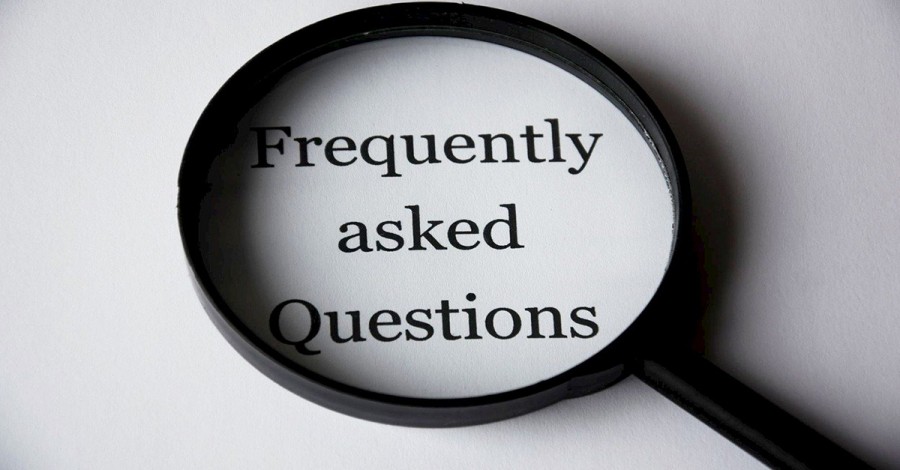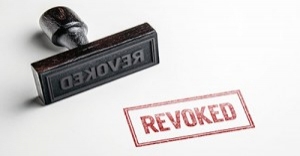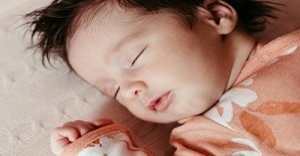The following FAQ's were developed and responded to by Early Childhood Australia for all services currently opened. Questions answered include, if a child/parent has coronavirus what steps does a service have to take, what happens during forced closure, charging families who choose to keep child at home, how often should children be cleaning hands and more.
What should I do if a child at my service develops a high temperature?
Educators should attend to sick children in the usual way. Follow your regular policies on managing illness. Unwell children should remain at home until their symptoms resolve.
As an additional measure, you may wish to inform all parents and carers of the typical symptoms of COVID-19 infection:
- Fever
- Sore throat
- Cough
- Fatigue
- Difficulty breathing.
What if a child at our service is diagnosed with COVID-19?
If you believe that a child or staff member at your service is a confirmed case of COVID-19, you must do two things:
- Contact your local Department of Health for advice.
- Report the case to your local Regulatory Authority.
Your Department of Health will instruct you on the next steps. Any decision on whether to close your service temporarily should be made in consultation with health officials.
If a parent is diagnosed with COVID-19, do we have to close our service?
No. If a parent or carer using your service is diagnosed with COVID-19, their ‘close contacts’ will be advised by health authorities to begin immediate self-isolation. It is likely that members of their household – including children – will be ‘close contacts’ and will, therefore, be isolated in their home for 14 days. Anyone who is a ‘close contact’ cannot visit or attend your service for the 14-day period of self-isolation.
A ‘close contact’ is someone who has been face to face for at least 15 minutes or been in the same closed space for at least 2 hours, as someone who has tested positive for COVID-19, while that person was infectious (including the 24 hours before their symptoms appeared).
If an educator or staff member has had direct close contact with a confirmed case of COVID-19, they may be at risk of infection. Anyone who believes they have had direct close contact with someone diagnosed with COVID-19 should contact their local Department of Health. Health officials will provide further advice.
Will early learning and care services be shut down by the government?
At this stage, no. But we don’t know what will happen over the coming weeks and months.
On 18 March 2020, the Australian Government and all state and territory governments reiterated their commitment to keeping schools and early learning and care services open. This decision was based on advice from health experts.
Governments will continue to review the advice and evidence on mass closures of early learning and care services. If the health advice changes, it is possible that the Australian Government will change its position on mass closures. ECA will update the advice on this page if government decisions change.
In a forced closure, who will pay our educators?
For those services that are directed to temporarily close because of COVID-19, they will continue to be paid the Child Care Subsidy, which can be up to 85 per cent of the daily cost of a child's care.
Educational Minister Dan Tehan says "By paying the Child Care Subsidy to services that are forced to close temporarily, we are providing financial support to businesses to pay their staff and remain viable so they can reopen when it is safe to do so".
The CCCF can support the business viability of early learning and care services affected by COVID-19. Grants made under the CCCF may be used to cover ‘wages and other costs’. The amount of each grant is determined by the Department of Education, Skills and Employment on a case-by-case basis.
Applications for grants of $10,000 or less typically take 2-3 days to assess, with funds available within 24 hours of a signed agreement.
You can contact the CCCF team direct at 1300 650 848 or CCCFSpecialCircumstances@dese.gov.au.
If a family chooses to keep their child at home for weeks, can I charge them for the missed sessions?
Yes. Parents and carers may still be eligible to receive the Child Care Subsidy (CCS) while their child is not attending. The government will pay CCS for up to 42 absence days per child, per financial year, without the need for any documentation.
Also, the current obligation of childcare services to require a family to pay gap fees if the service is forced to close will be waived.
How do I maintain income if parents are cancelling their enrolments?
Some early learning and care services may already be experiencing financial loss due to cancelled enrolments. Services can apply for business continuity support from the Community Child Care Fund (CCCF) Special Circumstances Grant Opportunity.
The amount of each grant under the CCCF is determined by the Department of Education, Skills and Employment on a case-by-case basis.
Applications for grants of $10,000 or less typically take 2-3 days to assess, with funds available within 24 hours of a signed agreement.
You can contact the CCCF team direct at 1300 650 848 or CCCFSpecialCircumstances@dese.gov.au.
What if parents lose their jobs or suffer income loss from COVID-19?
The Australian Government is encouraging parents and carers to apply for Additional Child Care Subsidy (temporary financial hardship) if they find themselves unable to pay child care fees due to COVID-19.
ACCS (temporary financial hardship) provides short-term support (up to 13 weeks) through a fee subsidy up to 120 per cent of the CCS hourly rate cap. The subsidy will cover up to 100 hours of care per fortnight.
Applicants for ACCS (temporary financial hardship) need to provide written evidence of their change in circumstances, such as an email from their employer.
I have older staff and staff with underlying medical conditions. How do I protect them?
The people at most risk of serious infection from COVID-19 are those with compromised immune systems (e.g. undergoing cancer treatment) or with chronic medical conditions (such as cardiovascular disease, a respiratory condition or diabetes).
The best way to protect educators and other staff is to practice good hand hygiene and respiratory hygiene and to ensure that staff and children do not attend the service if they are unwell.
Employers have a legal obligation to try to protect their staff from COVID-19. According to Safe Work Australia, all employers ‘must identify risks at the workplace, and do what is reasonably practicable to eliminate those risks, or where this is not reasonably practicable, to minimise those risks.’
In relation to COVID-19, Safe Work Australia says that ‘You will not be able to completely eliminate the risk of workers contracting COVID-19 while carrying out work. However, you must do all that is reasonably practicable to minimise that risk.’ You can find advice on how to do this on the Safe Work Australia website.
What hygiene measures do we need to adopt?
Keep practising good hand hygiene and respiratory hygiene. Most early learning and care services do this anyway! This means:
- Cover your mouth and nose when coughing and sneezing with a tissue, or cough into your elbow.
- Dispose of the tissue into a bin and then wash your hands afterwards.
- Wash your hands regularly, especially after using the toilet and before eating.
- Soap and hand sanitiser are both effective at killing the COVID-19 virus, provided you with clean hands thoroughly.
How often should children be cleaning their hands?
There is no firm advice on this. Health experts say that people should wash their hands ‘often’, either with soap and water or an alcohol-based sanitiser.
How should we be cleaning the physical environment?
The Federal Department of Health advises cleaning frequently touched surfaces with a detergent solution (ie a soap-based product). Surfaces which are touched regularly should be cleaned frequently. This includes door handles; kitchen and bathroom areas; and telephones. In an early learning environment, you will need to pay attention to toys and other items handled by children.
A hospital-grade disinfectant is only required when cleaning an area that has been visited or occupied by a person diagnosed with COVID-19.
Note: Early Childhood Australia (ECA) has assembled the following information from official Australian Government sources. We recommend that all early learning and care services continue to monitor information on the Australian Government’s health and education websites, plus information from local health authorities.
Disclaimer: The information above is correct at time of publishing. It will be updated as new information becomes available.



 Approximately 40 Victorian educators have had their Working with Children Checks revoked despite previously being banned from early childhood settings.
Approximately 40 Victorian educators have had their Working with Children Checks revoked despite previously being banned from early childhood settings.
 From 19 January 2026, new mandatory safety standards for infant sleep products will be taking effect across Australia. These changes affect all consumers who use
From 19 January 2026, new mandatory safety standards for infant sleep products will be taking effect across Australia. These changes affect all consumers who use On November 5th, 2025, the ECEC Leadership Research Symposium, hosted online by Charles Sturt University and OMEP Australia, invites educators, researchers, and sector leaders to
On November 5th, 2025, the ECEC Leadership Research Symposium, hosted online by Charles Sturt University and OMEP Australia, invites educators, researchers, and sector leaders to Leadership is essential in early childhood settings. It shapes the quality of care, learning environments, and the well-being of children, educators, and families. Designed by
Leadership is essential in early childhood settings. It shapes the quality of care, learning environments, and the well-being of children, educators, and families. Designed by Two senior executives at Affinity Education Group—one of Australia’s largest childcare providers—have resigned following a series of disturbing incidents and mounting public scrutiny.
Two senior executives at Affinity Education Group—one of Australia’s largest childcare providers—have resigned following a series of disturbing incidents and mounting public scrutiny.
